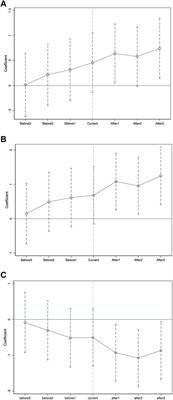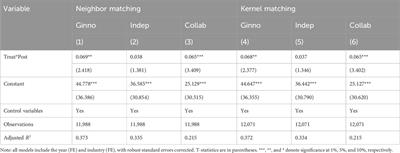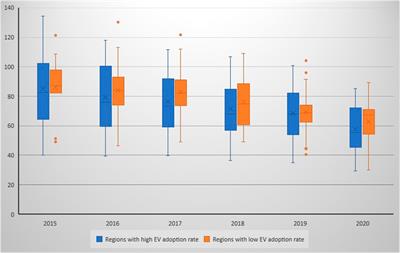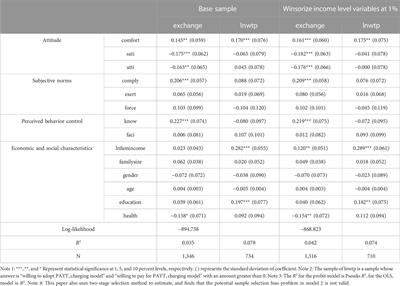EDITORIAL
Published on 13 Feb 2024
Editorial: Collaborative economy CE5P (planet, people, partnership, prosperity, peace)
doi 10.3389/fenvs.2024.1376425
- 819 views
2,451
Total downloads
17k
Total views and downloads
EDITORIAL
Published on 13 Feb 2024
ORIGINAL RESEARCH
Published on 11 Jan 2024

ORIGINAL RESEARCH
Published on 10 Jan 2024

ORIGINAL RESEARCH
Published on 09 Jan 2024

BRIEF RESEARCH REPORT
Published on 14 Aug 2023

ORIGINAL RESEARCH
Published on 11 Aug 2023

